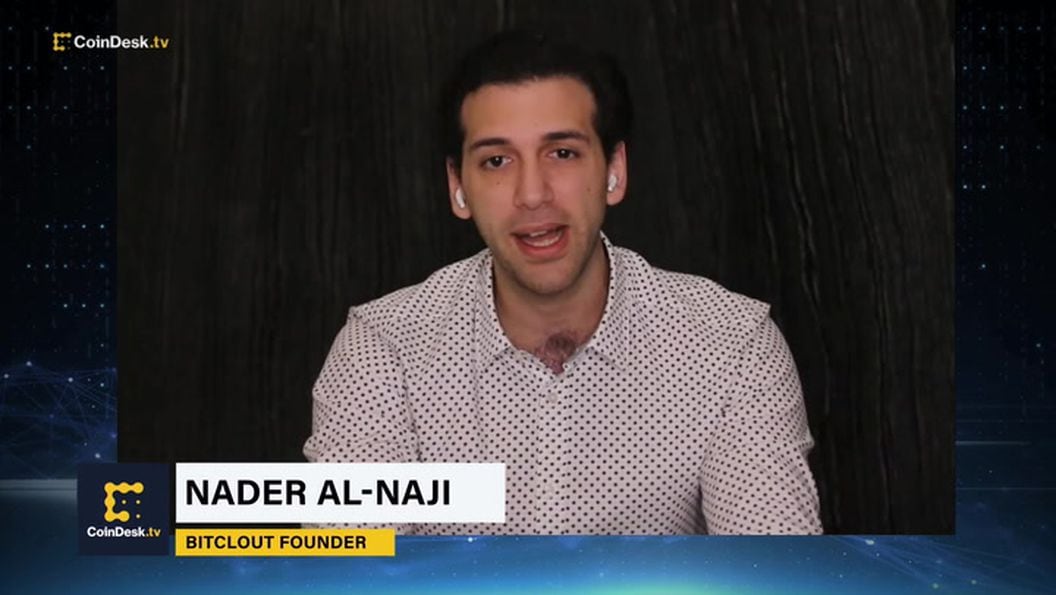Thailand’s Securities and Exchange Commission (
SEC) has opened a public hearing on a draft regulation that would prohibit digital asset business operators from providing or supporting deposit-taking and lending services.
What Thailand hopes to achieve
The proposed regulation seeks to reduce risks associated with these services and clarify the scope of supervision of digital asset businesses.
Currently, digital asset business operators are not permitted to offer or support deposit-taking and lending services in Thailand to protect investors and the public.
The draft regulation also aims to prevent any misconceptions that deposit-taking and
lending services are under the same supervision as regulated digital asset businesses.
Draft regulations would prohibit digital asset businesses from accepting deposits of digital assets from customers and lending, investing, staking or employing such assets.
They would also be banned from accepting deposits from customers and paying them regular interests or other types of benefits from their own source of funds unless these activities are in accordance with the sale promotion rules.
Additionally, digital asset businesses would not be allowed to advertise, persuade, or support deposit-taking and lending services provided by other service providers.
The public hearing follows the September and October 2022 SEC Board Meeting No. 12/2565 resolution on the principle of the proposed regulation.
Tax incentives for ICOs
Thailand’s Finance Ministry has announced that it will waive corporate income tax and value-added tax for firms that conduct initial coin offerings (ICOs) for investment purposes.
The move aims to help companies raise funds through token issuance in addition to traditional methods.
The military-backed government estimates that there will be about $3.7 billion worth of investment token offerings over the next two years, according to a report. However, the tax incentives would result in a tax loss of around $1 billion.
Conflicting messages
The Thai government’s tourism ministry has been promoting the country as a crypto-friendly place, but the central bank has advocated for a wider crackdown.
Although cryptocurrency adoption and trading are popular in Thailand, there have been mixed messages from the ruling elite. Last year, the government abandoned plans to impose a 7% VAT on crypto trading for exchanges and retail investors.
Impact on Bangkok’s position as a crypto hub
Industry analysts have suggested that a tightening of regulations in Thailand could limit its ability to become a regional crypto hub. “Thailand is tightening its rules on the trading of crypto and advertising of digital assets, too.
With stricter rules in place, it’ll be interesting to see whether this helps or hinders Bangkok’s place as a crypto hub in the coming months,” said Recap CEO Daniel Howitt last month. Bitkub, Thailand’s largest crypto exchange, has around $29 million in current daily volume, according to CoinGecko.
The move by the SEC to tighten regulations is part of a global trend following the FTX collapse in November. It is unclear whether companies issuing tokens eligible for new tax breaks would need to register with the financial regulator and comply with its rules.





